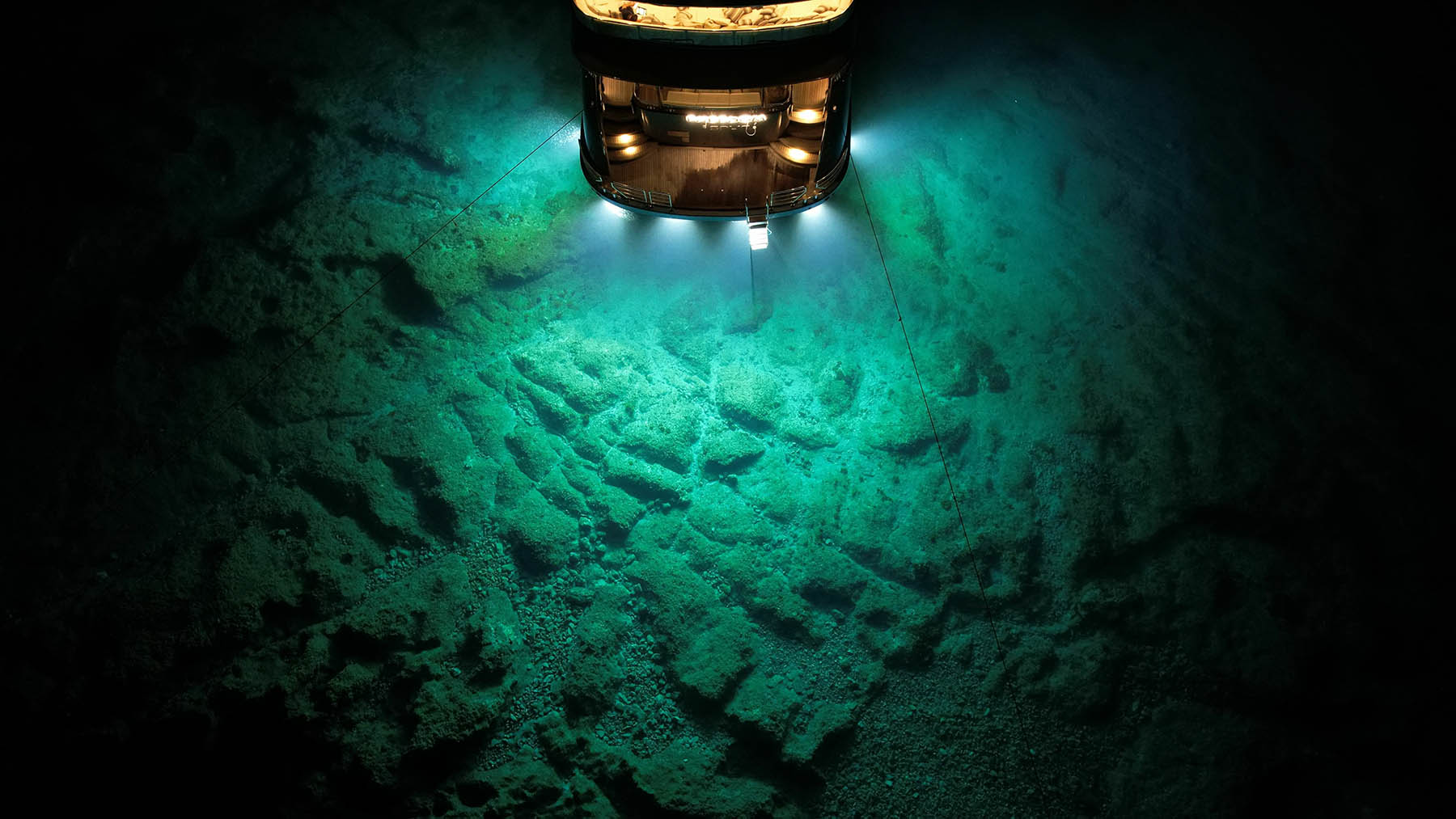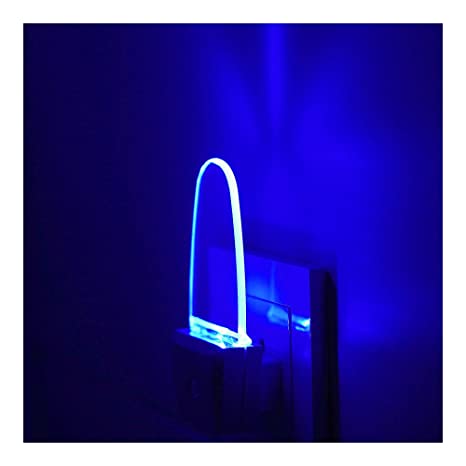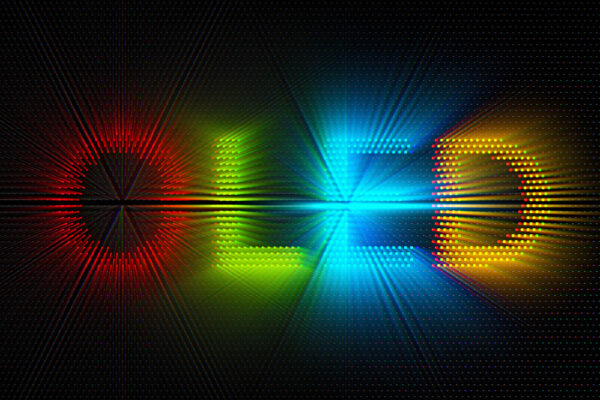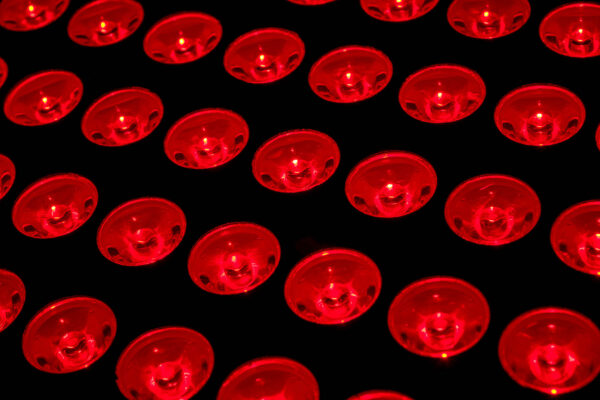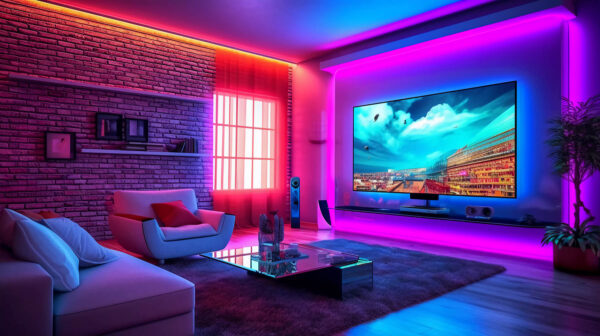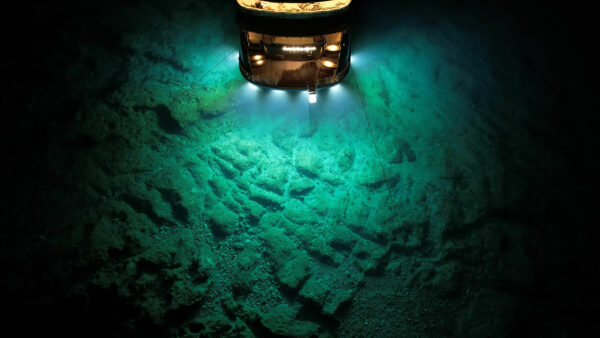The Rising Tide of LED Lighting in Marine Applications
LED lighting is increasingly becoming the preferred choice in marine applications, driven by its efficiency, durability, and versatility. In the challenging conditions of marine environments, where resistance to water, salt, and vibrations is crucial, LEDs offer significant advantages over traditional lighting solutions. The advancements in LED technology have led to the development of lighting solutions that are not only more resilient but also offer enhanced safety and operational efficiency for various marine applications, including navigation, signaling, and deck illumination.
Enhancing Safety and Visibility with Marine LED Lighting
Safety is paramount in marine environments, and LED lighting plays a critical role in ensuring safe navigation and operations. Advanced LED solutions offer superior visibility compared to traditional lighting, which is crucial for avoiding hazards and ensuring safe passage in low-light conditions. LEDs provide bright, focused illumination and have a higher color rendering index, making it easier to distinguish colors and signals accurately. This enhancement in visibility is vital for preventing accidents and improving overall maritime safety.
Energy Efficiency: A Beacon for Sustainable Marine Operations
Energy efficiency is a key advantage of using LED lighting in marine applications. LEDs consume significantly less energy than traditional halogen or incandescent bulbs, which is particularly important in marine settings where power resources are limited. This reduction in energy consumption not only leads to cost savings but also supports more sustainable marine operations, reducing the carbon footprint of vessels and contributing to environmental conservation efforts.
Durability and Longevity in Harsh Marine Conditions
The durability and longevity of LED lighting are essential in the harsh conditions of marine environments. LEDs are built to withstand moisture, saltwater corrosion, and constant vibrations — common challenges at sea. This robustness translates to a longer lifespan and reduced maintenance needs, making LED lighting a cost-effective and reliable solution for marine applications. The reduced need for frequent replacements and repairs also minimizes operational disruptions, ensuring smoother sailing for marine vessels.
LED Innovations in Underwater Marine Lighting
Innovations in LED lighting technology have extended its applications to underwater marine environments. LED underwater lights are used for various purposes, including underwater exploration, fishing, and enhancing the aesthetic appeal of boats and yachts. These lights are designed to provide bright, clear illumination underwater, aiding visibility for diving operations and attracting marine life. The energy efficiency and low heat emission of LEDs make them ideal for prolonged underwater use.
Integration with Smart Marine Systems
The integration of LED lighting with smart marine systems represents a significant advancement in maritime technology. Smart LED systems can be programmed and remotely controlled, offering greater flexibility in lighting management. Integration with sensors and automation systems allows for adaptive lighting that responds to environmental changes, such as adjusting intensity based on daylight conditions. This smart integration enhances operational efficiency and contributes to safer marine navigation.
Steering Towards a Brighter Future with LED Marine Lighting
In conclusion, the advancements in LED lighting for marine applications are steering the maritime industry towards a brighter, safer, and more efficient future. The benefits of LED technology, from enhanced safety and visibility to energy efficiency and durability, make it an ideal choice for a wide range of marine settings. As technology continues to evolve, LED lighting is set to play an increasingly vital role in shaping the future of marine operations and environmental sustainability.

